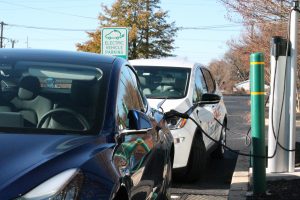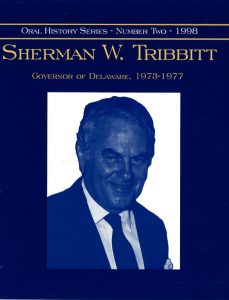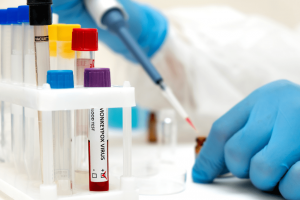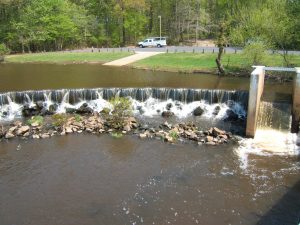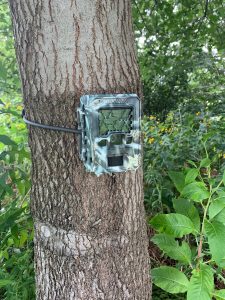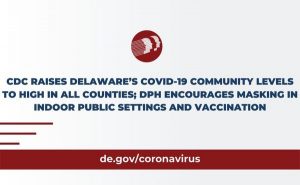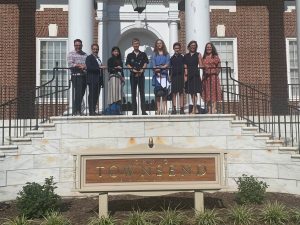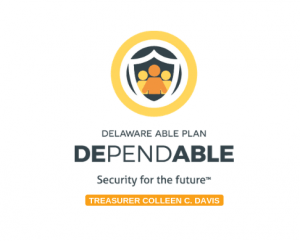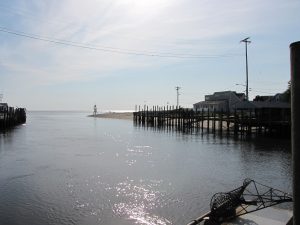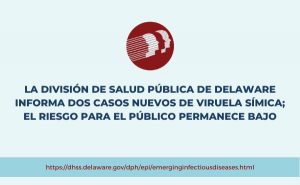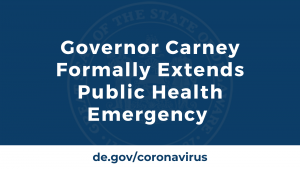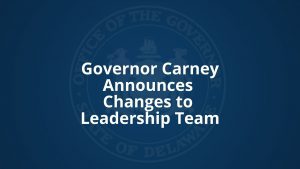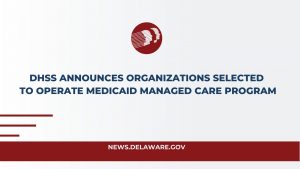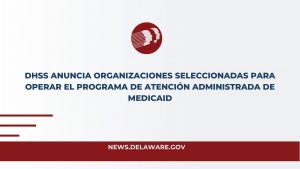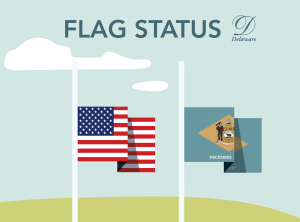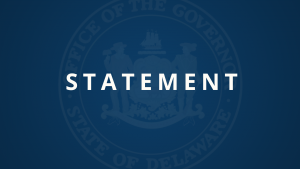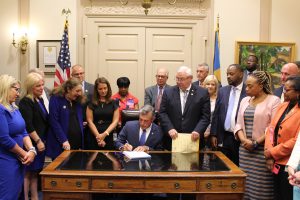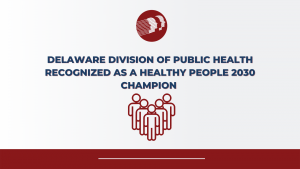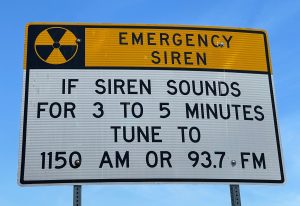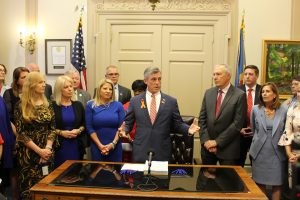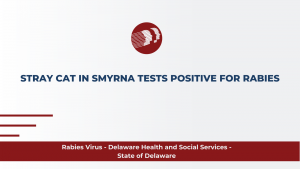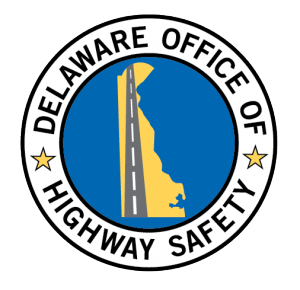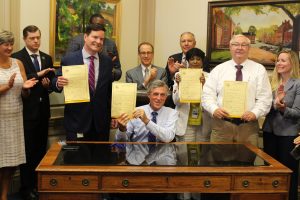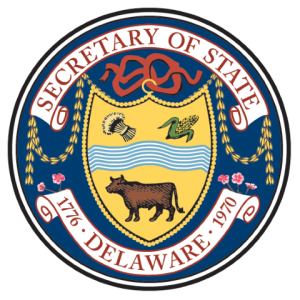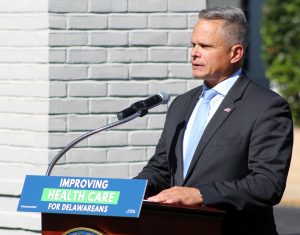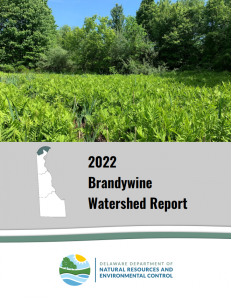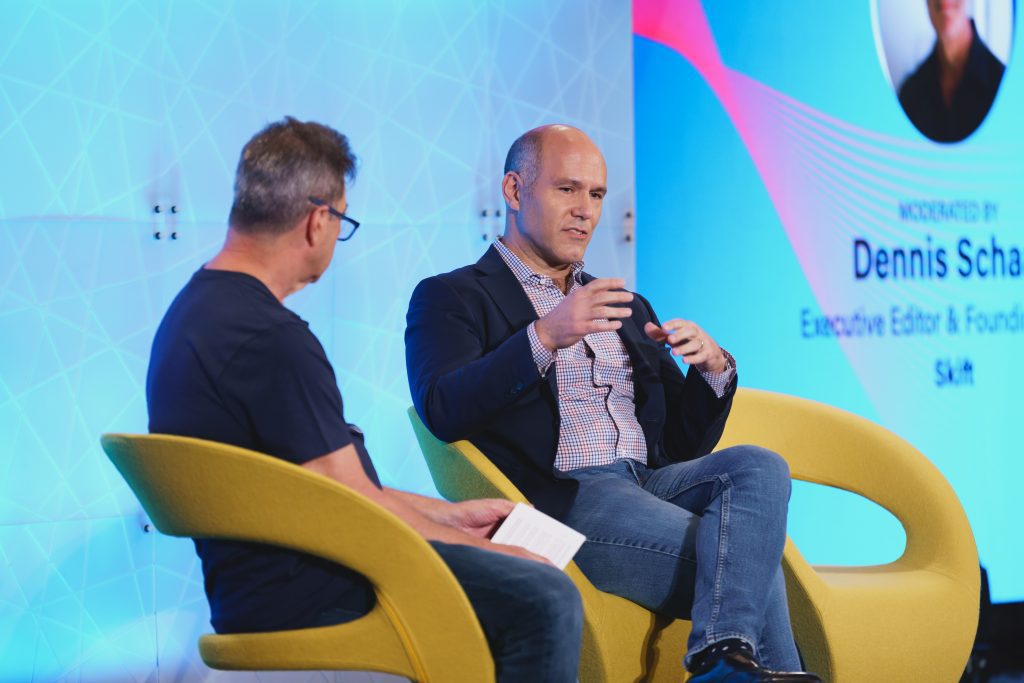[ad_1]
Read the latest news on coronavirus in Delaware. More Info

DNREC and DelDOT will locate 11 multi-car, fast-charging electric vehicle charging stations along major travel routes followed by an expansion of EV charging stations into communities over the next five years.
Major Expansion Into Communities To Follow Over Next Five Years
Delaware plans to locate 11 multi-car, fast-charging electric vehicle charging stations along major travel routes followed by an expansion of EV charging stations into communities over the next five years as part of a Bipartisan Infrastructure Law (BIL) initiative to dramatically expand EV charging across the country.
Under an initial plan submitted to the federal government July 29 jointly by the Delaware Department of Transportation (DelDOT) and Department of Natural Resources and Environmental Control (DNREC), Delaware proposes to utilize almost $18 million in federal funds to:
- In a first phase, locate five new charging stations around the state, meeting a requirement with the BIL funding that EV charging stations be available at least every 50 miles along major travel routes identified by the federal government: I-95, SR 1, U.S. 13 and U.S. 113. Subject to additional data and public input, the general targeted areas are the I-95 Biden Welcome Center near Newark, Dover, Rehoboth Beach, Laurel and Selbyville.
- In a second phase, locate six additional charging stations in additional areas along the identified corridors, meeting a state goal of every-25-mile availability. Subject to additional data and public input, the general targeted areas are Middletown, Smyrna, Harrington, Milford, Bridgeville and Georgetown.
- In a third phase, locate charging stations in high-density residential areas, focusing on areas with multi-family housing and/or street parking in areas that may not otherwise have convenient charging options.
The operators and exact locations of the EV stations in the general identified areas would be chosen through a competitive process after additional planning and public input. EV drivers would pay for the use of the chargers.
The initial state plan is part of the National Electrical Vehicle Infrastructure (NEVI) program that aims to place half a million new EV charging stations across the country by 2030, making it easier and more predictable to travel in electric vehicles. NEVI includes requirements that the charging stations along major highway corridors be “DC fast chargers” capable of charging at least four vehicles at a time, operate 24 hours a day, and use common payment platforms.
NEVI is part of the Bipartisan Infrastructure Law signed by President Joe Biden in November 2021 and championed by U.S. Sens. Tom Carper and Chris Coons and U.S. Rep. Lisa Blunt Rochester.
“Tailpipe emissions from our vehicles are the largest single source of greenhouse gas emissions both here in Delaware and across the country. Making it easier for Delawareans to choose to drive electric is a key strategy in Delaware’s Climate Action Plan,” said DNREC Secretary Shawn M. Garvin. “The federal funding made available through the NEVI program accelerates our efforts in Delaware to not just reduce transportation emissions, but improve air quality in our communities, improve public health and expand transportation choices.”
DelDOT Secretary Nicole Majeski said installing charging stations here and around the country will increase consumer confidence that purchasing an electric vehicle is a practical choice, and is good for Delaware. “Increased temperatures, sea level rise and more frequent and intense storms and flooding take a toll on our transportation network,” Majeski said. “Accelerating our transition to cleaner transportation is essential to reducing greenhouse gas emissions.
Further development of the plan will include engagement from industry, environmental and community stakeholders. The submitted NEVI plan and other information about creating support for EVs in Delaware can be found at https://deldot.gov/Programs/NEVI/index.shtml.
The NEVI funding is one of several funding opportunities and activities the State will utilize in a broader effort to encourage electric vehicle use. Gov. John Carney’s administration has supported electric vehicles by offering rebates for the purchase or lease of electric vehicles through DNREC’s Clean Vehicle Rebate Program and incentives for the installation of public, fleet, workplace and multi-family charging stations through DNREC’s Electric Vehicle Charging Equipment Rebate Program.
About DNREC
The Delaware Department of Natural Resources and Environmental Control protects and manages the state’s natural resources, protects public health, provides outdoor recreational opportunities and educates Delawareans about the environment. For more information, visit the website and connect with @DelawareDNREC on Facebook, Twitter or LinkedIn.
Media contacts: DNREC: Michael Globetti, michael.globetti@delaware.gov; DelDOT: C.R. McLeod, charles.mcleod@delaware.gov
Related Topics: Bipartisan Infrastructure Law, Clean Vehicle Rebate Program, Climate Action Plan, climate change, electric vehicles, EV charging stations, National Electrical Vehicle Infrastructure, vehicle emissions
Keep up to date by receiving a daily digest email, around noon, of current news release posts from state agencies on news.delaware.gov.
Here you can subscribe to future news updates.

DNREC and DelDOT will locate 11 multi-car, fast-charging electric vehicle charging stations along major travel routes followed by an expansion of EV charging stations into communities over the next five years.
Major Expansion Into Communities To Follow Over Next Five Years
Delaware plans to locate 11 multi-car, fast-charging electric vehicle charging stations along major travel routes followed by an expansion of EV charging stations into communities over the next five years as part of a Bipartisan Infrastructure Law (BIL) initiative to dramatically expand EV charging across the country.
Under an initial plan submitted to the federal government July 29 jointly by the Delaware Department of Transportation (DelDOT) and Department of Natural Resources and Environmental Control (DNREC), Delaware proposes to utilize almost $18 million in federal funds to:
- In a first phase, locate five new charging stations around the state, meeting a requirement with the BIL funding that EV charging stations be available at least every 50 miles along major travel routes identified by the federal government: I-95, SR 1, U.S. 13 and U.S. 113. Subject to additional data and public input, the general targeted areas are the I-95 Biden Welcome Center near Newark, Dover, Rehoboth Beach, Laurel and Selbyville.
- In a second phase, locate six additional charging stations in additional areas along the identified corridors, meeting a state goal of every-25-mile availability. Subject to additional data and public input, the general targeted areas are Middletown, Smyrna, Harrington, Milford, Bridgeville and Georgetown.
- In a third phase, locate charging stations in high-density residential areas, focusing on areas with multi-family housing and/or street parking in areas that may not otherwise have convenient charging options.
The operators and exact locations of the EV stations in the general identified areas would be chosen through a competitive process after additional planning and public input. EV drivers would pay for the use of the chargers.
The initial state plan is part of the National Electrical Vehicle Infrastructure (NEVI) program that aims to place half a million new EV charging stations across the country by 2030, making it easier and more predictable to travel in electric vehicles. NEVI includes requirements that the charging stations along major highway corridors be “DC fast chargers” capable of charging at least four vehicles at a time, operate 24 hours a day, and use common payment platforms.
NEVI is part of the Bipartisan Infrastructure Law signed by President Joe Biden in November 2021 and championed by U.S. Sens. Tom Carper and Chris Coons and U.S. Rep. Lisa Blunt Rochester.
“Tailpipe emissions from our vehicles are the largest single source of greenhouse gas emissions both here in Delaware and across the country. Making it easier for Delawareans to choose to drive electric is a key strategy in Delaware’s Climate Action Plan,” said DNREC Secretary Shawn M. Garvin. “The federal funding made available through the NEVI program accelerates our efforts in Delaware to not just reduce transportation emissions, but improve air quality in our communities, improve public health and expand transportation choices.”
DelDOT Secretary Nicole Majeski said installing charging stations here and around the country will increase consumer confidence that purchasing an electric vehicle is a practical choice, and is good for Delaware. “Increased temperatures, sea level rise and more frequent and intense storms and flooding take a toll on our transportation network,” Majeski said. “Accelerating our transition to cleaner transportation is essential to reducing greenhouse gas emissions.
Further development of the plan will include engagement from industry, environmental and community stakeholders. The submitted NEVI plan and other information about creating support for EVs in Delaware can be found at https://deldot.gov/Programs/NEVI/index.shtml.
The NEVI funding is one of several funding opportunities and activities the State will utilize in a broader effort to encourage electric vehicle use. Gov. John Carney’s administration has supported electric vehicles by offering rebates for the purchase or lease of electric vehicles through DNREC’s Clean Vehicle Rebate Program and incentives for the installation of public, fleet, workplace and multi-family charging stations through DNREC’s Electric Vehicle Charging Equipment Rebate Program.
About DNREC
The Delaware Department of Natural Resources and Environmental Control protects and manages the state’s natural resources, protects public health, provides outdoor recreational opportunities and educates Delawareans about the environment. For more information, visit the website and connect with @DelawareDNREC on Facebook, Twitter or LinkedIn.
Media contacts: DNREC: Michael Globetti, michael.globetti@delaware.gov; DelDOT: C.R. McLeod, charles.mcleod@delaware.gov
Related Topics: Bipartisan Infrastructure Law, Clean Vehicle Rebate Program, Climate Action Plan, climate change, electric vehicles, EV charging stations, National Electrical Vehicle Infrastructure, vehicle emissions
Keep up to date by receiving a daily digest email, around noon, of current news release posts from state agencies on news.delaware.gov.
Here you can subscribe to future news updates.
[ad_2]
Source link
